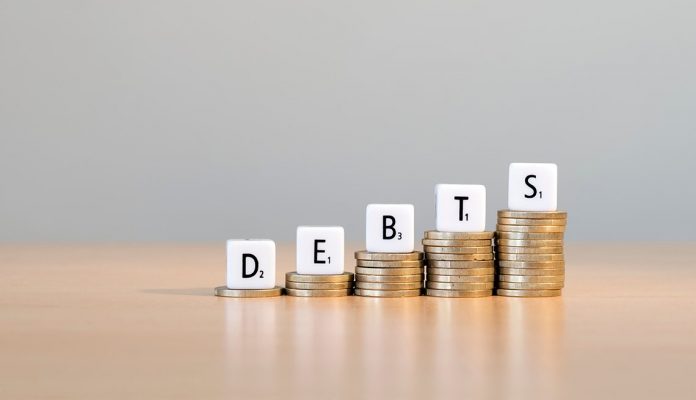A debt collection is a type of delinquent financial account that has been assigned to an outsourced debt collector. Debt collectors are companies who pursue payment on unpaid account for other companies.
Table of Contents
How Debts are Being Sent to Collections
Debts are on its way to collections once it goes unpaid for a period of time, typically 30 days after it is due. The past due will mark your financial account as delinquent and you’ll start getting frequent notices regarding your overdue payment. After some time, usually after 180 days, the creditor gives up and sends your account to debt collectors for further action.
The creditor may either sell your debt or assign your account to a collections agency.
How Debt Collections Affect You
Debt collection is capable of dropping your credit score once a delinquent account appears on your report. In addition, it remains on your credit report for up to seven years and it can only be removed by filing a dispute with the credit bureau should you find it inaccurate.
Moreover, unpaid collection accounts may get you a court summon. Lawsuits are a common and effective way to obtain payments. It’s crucial to be mindful of court summons as they can result in wage garnishment, bank levy, or a lien on your property.
How to Deal with Debt Collections
The first step you can take once you’ve been notified that your account has been forwarded to collections is to know your rights. You can learn more about your rights as a consumer under the Fair Debt Collection Practices Act. This enables you to have a deeper understanding of what collectors are allowed and not allowed to do. Collectors aren’t allowed to call you at unreasonable times, threaten you with arrest, or use obscenities.
Ultimately, you just have to gradually pay off your debt to minimize its negative effects. Eventually, your credit score will recover as you continuously pay off your debt alongside paying your other bills on time.




